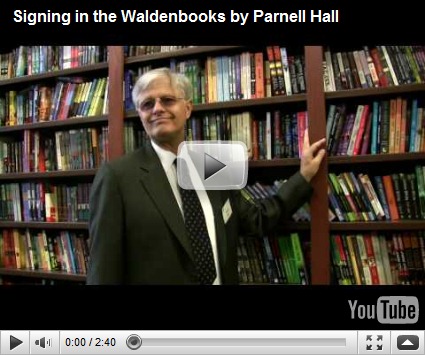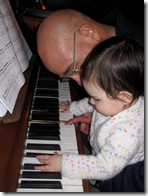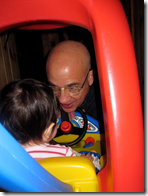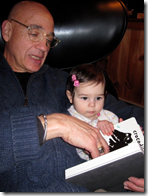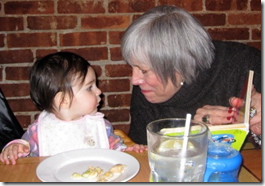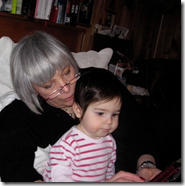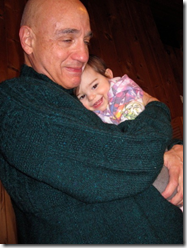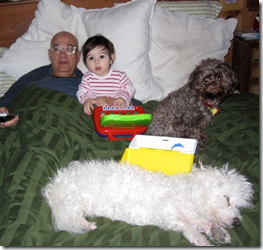A contest! Everyone loves a contest! And there are fabulous prizes, too!
/Okay, I have a contest, and hopefully enough of my readers will be interested to make it worthwhile.
On August 25, I will be appearing at WORD in Brooklyn, NY as part of my book tour for UNEXPECTEDLY, MILO. As part of the promotion for the event, WORD has created a webpage that provides the details about the appearance.
Included on WORD’s website is a short bio of myself, which was written almost two years ago when the promotion for SOMETHING MISSING was just beginning. In looking at the bio now, it’s looking a little old and decrepit.
Here is how it currently reads:
MATTHEW DICKS is the author of Something Missing. He teaches elementary school and in 2005 was named West Hartford’s Teacher of the Year. He also owns and operates a DJ company that performs at weddings throughout Connecticut when he isn’t shaping the minds of his class of fifth-graders. He lives in Newington, CT, with his wife; baby daughter, Clara; Lhasa Apso, Kaleigh; and two enormous, slightly insane house cats, Jack and Owen. For more information, please visit Matthew’s website at: www.matthewdicks.com, and check out his blog at:http://matthewdicks.com.
Please note:
The bio mentions Jack, a cat who sadly passed away last summer.
It mentions the name of my dog, my cat and my daughter, but not my wife.
It does not mention UNEXPECTEDLY, MILO at all.
I’m thinking it’s time for a refresh.
This is where you come in.
Write a brand new bio for me. Whether you are my best friend or a reader of my books who I have yet to meet, take a stab at crafting a new biography for use in my promotional material. Include any information that you feel is pertinent. Be creative. Be unique. Use this blog as a source of information about me, as well as any other sources that you may find online. I have been interviewed by a number of new outlets and you should be able to find lots of odd bits and bytes about me if you look hard enough. Feel free to ask me questions through email if you require more information. The more originality, the better.
If I love your submission, you win! And if I really love it, I will submit it to my publicist for use as my new bio. No promises. I may take the liberty of editing your work a bit, and I may be tempted to combine two or three bios into one uber-bio, but I will attempt to use as much or all of the winner’s work as possible, and I will give you full credit for your work here on the blog.
Oh, and of course, there are prizes.
If your bio is chosen as the winner, I will send you signed copies of both my books (SOMETHING MISSING and UNEXPECTEDLY, MILO), as well as the galley to my third book, once the book is completed, sold and the galley is produced. In addition, I will also send you a signed copy of the German version of SOMETHING MISSING, which was re titled THE GOOD THEIF because of an arcane German law, and of which I have more than a few copies.
Good enough to get you to participate? I hope so!
Here are the details:
The contest begins today and ends on Friday, August 13.
Send all submissions and any questions you have for me to matthewdicks@gmail.com.
Please keep submissions under 250 words.
You may enter as many times as you’d like. Send a sappy entry, a silly entry, a serious entry and a sublime entry. Quadruple your odds of winning!
Please refrain from any profanity in the bio. Not that you ever would.
And I think that’s it.
Any questions? Please post here.
Otherwise, get to work! Be original. Be amusing. Be informative. Be unique. I want a bio that tells a reader who I am but also stands apart from the standard author bio. So kooky, quirky and utterly bizarre might be just up my alley!
Now get writing!
